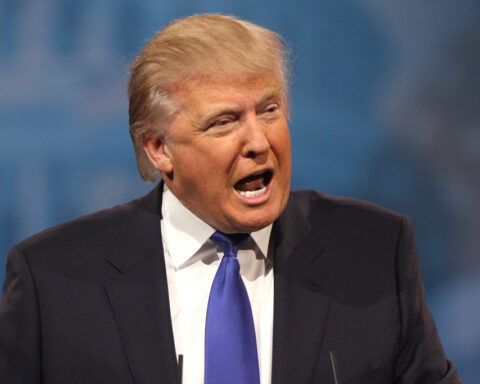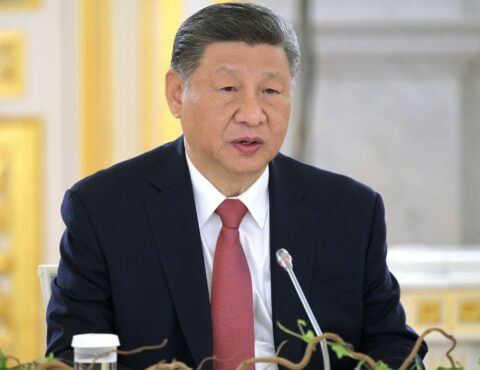House Speaker Mike Johnson, a Republican from Louisiana, has now reportedly publicly expressed his belief that President Donald Trump should have greater authority to engage in military actions without requiring congressional approval.
This assertion comes in the wake of recent airstrikes on Iranian nuclear facilities, which have reignited discussions surrounding the War Powers Act.
Speaking to reporters on Capitol Hill, Johnson argued that the legal framework mandating congressional approval for military action is, in his view, unconstitutional.
He noted that the War Powers Act, enacted in 1973, was intended to curtail presidential power in military affairs but may no longer be relevant in today’s fast-paced information environment.
“In the modern era with the 24-hour news cycle and social media, nothing goes unnoticed,” Johnson said, suggesting that the original rationale for the Act is outdated.
Johnson further stated, “Many respected constitutional experts argue that the War Powers Act itself is unconstitutional,” emphasizing that it infringes upon the Article II powers granted to the President as Commander-in-Chief.
He cited historical context, referencing the Founding Fathers and their intent regarding military authority. “If you look back at the Founders’ intent, I think that is right,” he asserted.
The Speaker’s comments come at a critical juncture, as many critics have accused Trump of violating the War Powers Act by not seeking congressional authorization for military strikes against Iran.
Johnson, however, defended the President’s actions, suggesting they fall well within his constitutional rights.
“The strikes on Iran’s nuclear facilities were clearly within President Trump’s Article II powers as Commander-in-Chief,” he stated, labeling Iran as “the largest state sponsor of terrorism on planet Earth.”
Johnson’s position reflects a broader trend among certain Republican leaders who advocate for a more assertive executive role in foreign policy, particularly concerning perceived threats from nations like Iran.
He acknowledged that while Congress holds significant authority, the practicalities of modern warfare often necessitate swift action that may not align with traditional legislative processes.
As discussions surrounding military engagement and executive power continue, Johnson’s remarks are likely to fuel ongoing debates about the balance of power between Congress and the presidency.
The implications of this dialogue extend beyond party lines, as both sides grapple with the complexities of national security in an increasingly volatile global landscape.
[READ MORE: Trump Berates Russian Leader for Nuclear Threat]






